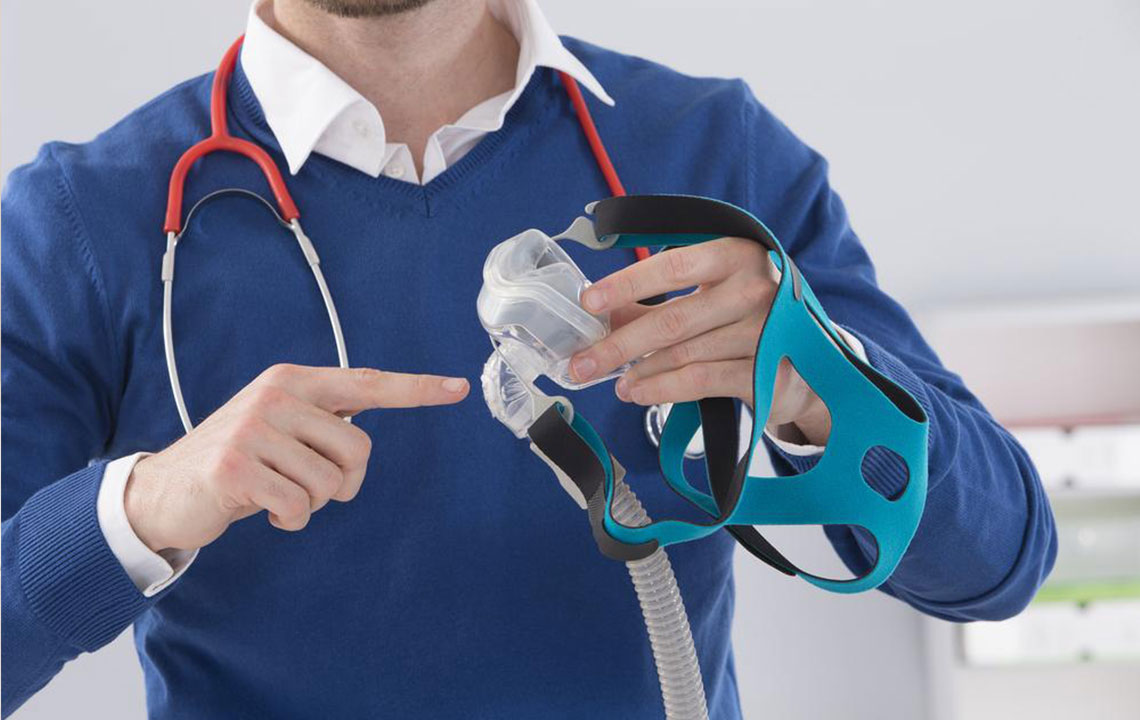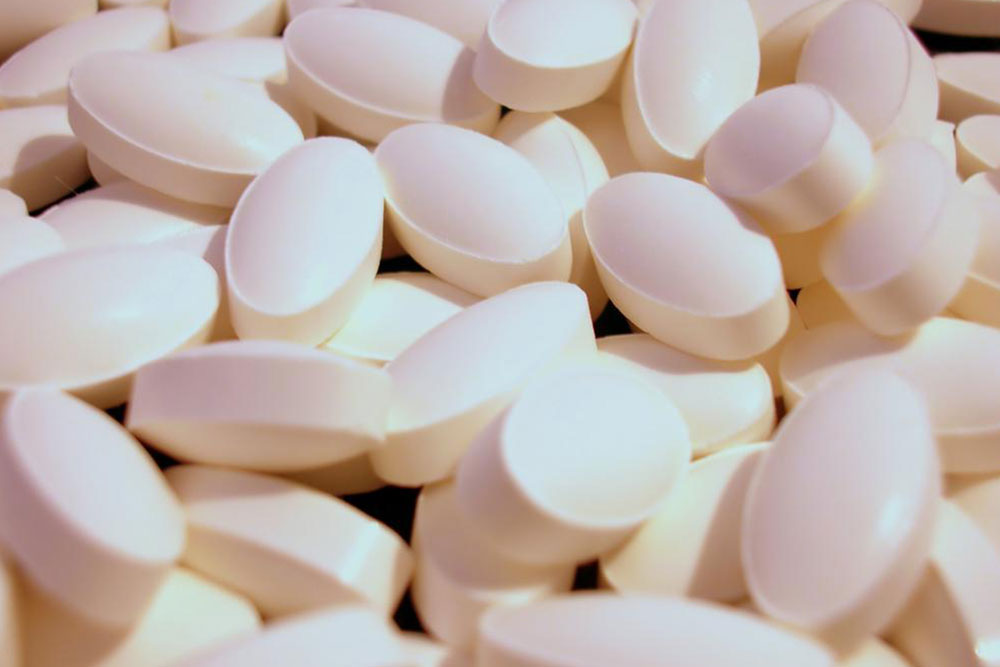Nutritional Strategies to Alleviate Sleep Apnea Symptoms
Discover effective dietary strategies for managing sleep apnea symptoms. This article highlights key foods rich in melatonin, omega-3s, tryptophan, calcium, whole grains, and vitamin B6 that can support better sleep and reduce apnea severity. Incorporating these nutrients into your diet can promote healthier sleep patterns and assist in weight management, offering a natural complementary approach to traditional treatments.
Eating Right to Support Sleep Apnea Management
Sleep apnea is a condition where breathing repeatedly pauses during sleep. The two main types are obstructive sleep apnea (OSA) and central sleep apnea, with OSA being most common. OSA results from airway blockage caused by throat tissue collapse at night. Currently, there are no medications proven to effectively treat sleep apnea. The main solutions include lifestyle adjustments, weight management, and devices like Continuous Positive Airway Pressure (CPAP). CPAP involves wearing a mask connected to a machine that keeps airways open throughout sleep.

The cost of CPAP equipment can be significant, prompting many to seek dietary methods to reduce symptoms.
Managing Sleep Apnea Through Nutrition
Over 60% of individuals with sleep apnea are overweight or obese. Adjusting your diet to promote weight loss can help alleviate symptoms without relying on costly devices. Experts recommend focusing on sustainable, healthy eating habits rather than quick-fix diets for long-term results.
Some foods naturally support better sleep and may ease sleep apnea symptoms.
Top Nutrients and Foods for Sleep Support
Foods Rich in Melatonin
Melatonin, known as the sleep hormone, regulates your body clock and enhances sleep quality. While supplements are common, many fruits and vegetables contain natural melatonin. Tart cherries are especially high in this hormone and may improve sleep. Other sources include nuts like walnuts, almonds, cashews, pistachios, along with corn, asparagus, grapes, broccoli, tomatoes, and pomegranates.
Omega-3 Fatty Acids
Omega-3s support melatonin production and can improve sleep duration and quality. Rich sources include fatty fish such as salmon, mackerel, sardines, anchovies, and herring. Plant-based Omega-3s are found in walnuts, flaxseeds, chia seeds, and soybeans, providing an excellent vegetarian alternative.
Tryptophan-Rich Foods
Tryptophan, an amino acid, converts into serotonin and then melatonin. Turkey is famously high in tryptophan, but it’s also present in seafood, nuts, legumes, grains, fruits like bananas, and dairy products such as milk, cheese, and yogurt.
Calcium Sources
Calcium supports melatonin synthesis. Dairy products like milk, yogurt, and cheese are primary sources, especially low-fat options. Additionally, dark leafy greens such as spinach, kale, turnip greens, and fortified grains provide calcium, aiding sleep and overall health.
Whole Grains
Whole grains contain fiber and nutrients essential for digestion and weight management. Incorporating whole wheat bread, oats, brown rice, and barley can help reduce sleep apnea symptoms by supporting healthy weight and improving sleep quality.
Foods Rich in Vitamin B6
B6 is vital for converting tryptophan into melatonin, aiding sleep and mood. Good sources include pistachios, sunflower seeds, eggs, bananas, salmon, chicken liver, and chickpeas. Consuming these can foster relaxation and better sleep patterns.
Important Notice:
This article offers general health advice based on current research. While dietary changes may help manage sleep apnea, they are not a substitute for medical treatment. Always consult healthcare professionals before making significant lifestyle adjustments. Our content aims to inform but should not replace personalized medical guidance. We disclaim responsibility for inaccuracies or differences across other sources.









